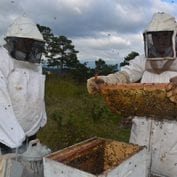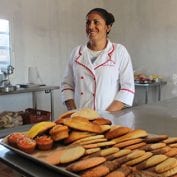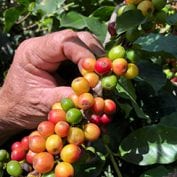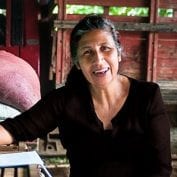
Integrating Smallholder Farmers into Supply Chains through Financing Innovations
In 2011, TechnoServe, Instituto Ventura, and food company Inaceres partnered to catalyze economic growth for smallholder farmers in Brazil by building a sustainable, inclusive, and competitive outgrower model for heart of palm.









